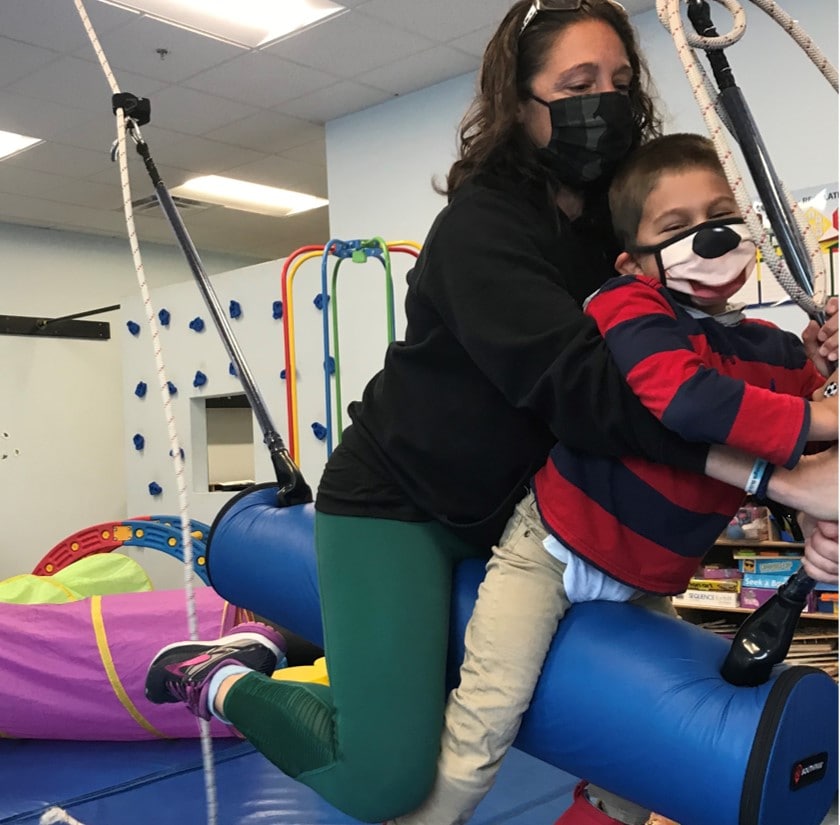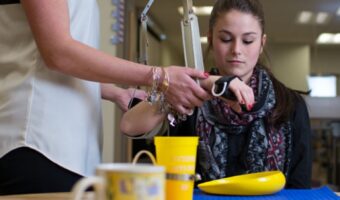Program Overview

Move ahead in your career and take the lead as a registered occupational therapist (OTR). You’ll learn the assessment techniques to identify clients’ functional problems as well as their underlying physical, mental, and psychosocial problem areas so you can establish appropriate intervention plans. As an OTR, you’ll be a critical member of rehabilitation teams that work with people of all ages with varying injuries and abilities to become independent and self-sufficient. You’ll evaluate, develop, and execute individual treatment plans and supervise occupational therapy assistants and other personnel. The hybrid structure of our program, which alternates between weekend classes and online learning, means you can continue to work even as you take the next big step in your OT career.
Read More The Master of Science in Occupational Therapy (MSOT) program at New England Tech allows certified occupational therapy assistants to expand on their academic and clinical experience to become leaders in their profession. This program is designed to be a bridge for professionals to move to the next level of responsibility as registered occupational therapists. The program is offered in a weekend format that requires students to be on campus five (5) weekends in each ten-week academic term and to participate online during alternate weeks. A student following the MSOT program as outlined may complete the program in ten (10) terms. Registered occupational therapists (OTRs) assist people of all ages, with varying abilities or handicaps, to become independent in their day-to-day activities. Because every client has a unique set of circumstances, OTRs evaluate, develop, and help carry out an individual treatment plan for each one. As an OTR, graduates can work in traditional medical environments or in any setting where people need to learn new ways to live satisfying and productive lives. In the field, OTRs often supervise occupational therapy assistants and other personnel. Students learn to use a variety of assessment techniques to identify a client’s functional problems as well as their underlying physical, mental, and psychosocial problem areas. The OTR takes the lead in using pertinent personal information as well as theoretical and scientific evidence to establish appropriate intervention plans for individual clients or groups. The OTR acts as part of the rehabilitation team, participating in various interdisciplinary meetings and assuring that all occupational therapy intervention meets the legal, ethical, and fiscal requirements that apply to various medical and community-based settings. After completion of all classroom training on campus and Level I Fieldwork off campus, students enter the community for Level II Fieldwork. Two full-time twelve-week Level II Fieldwork experiences give students many opportunities to apply classroom training in real life situations. Upon successful completion of all degree requirements, students will be eligible to sit for the National Certification Examination for Occupational Therapists. Those who complete the program and pass the exam are awarded the title of Occupational Therapist Registered. Employment is available in a wide variety of settings in the areas of physical disabilities, pediatrics, and geriatrics, as well as in mental health and wellness programs.Full Description
Related Programs



